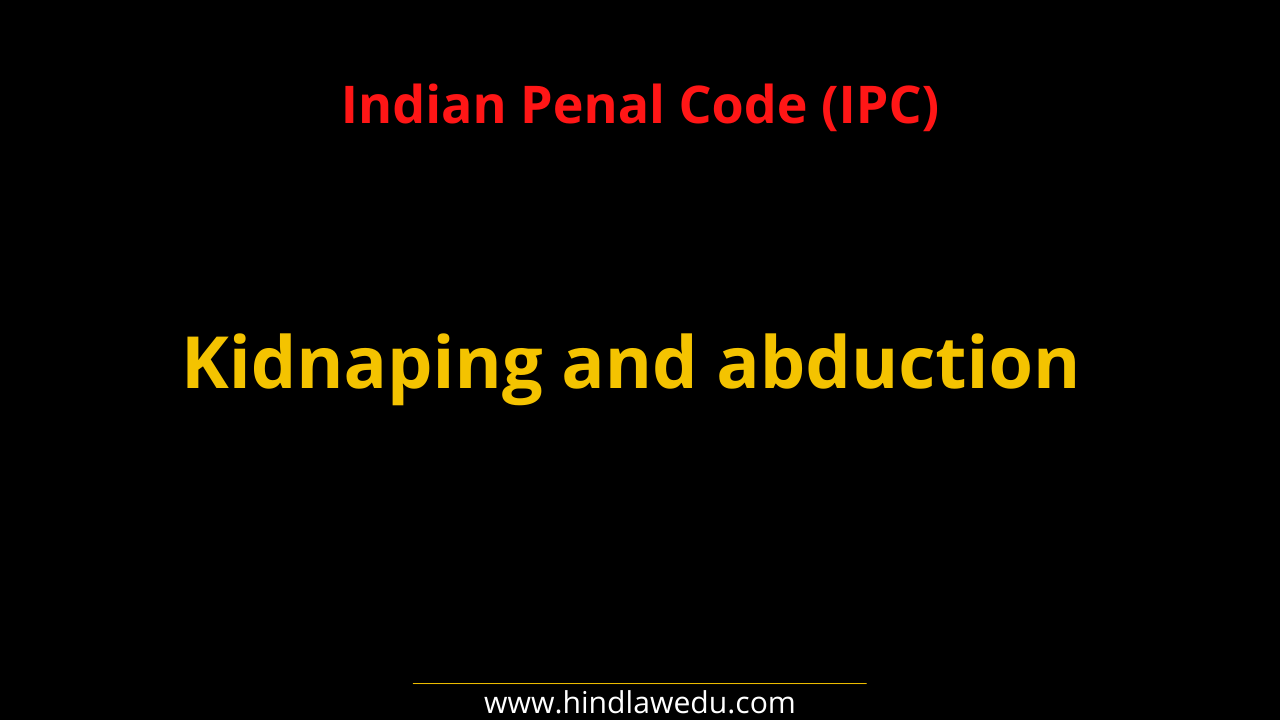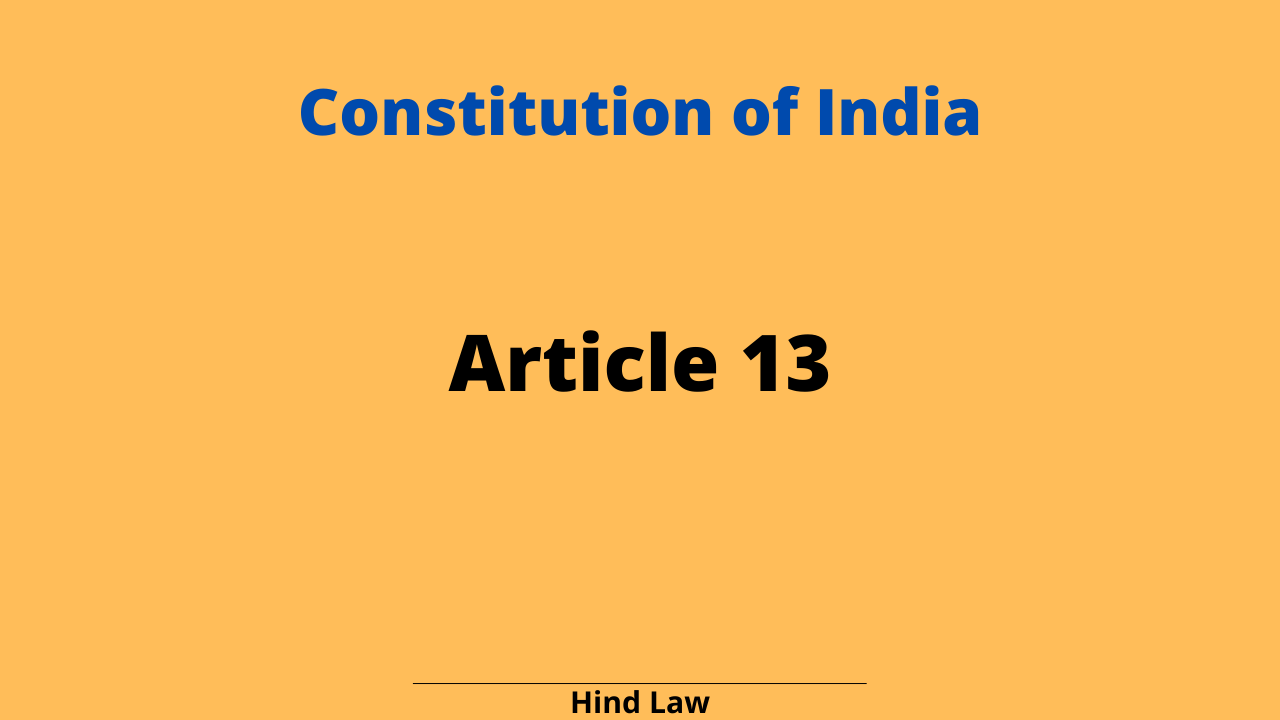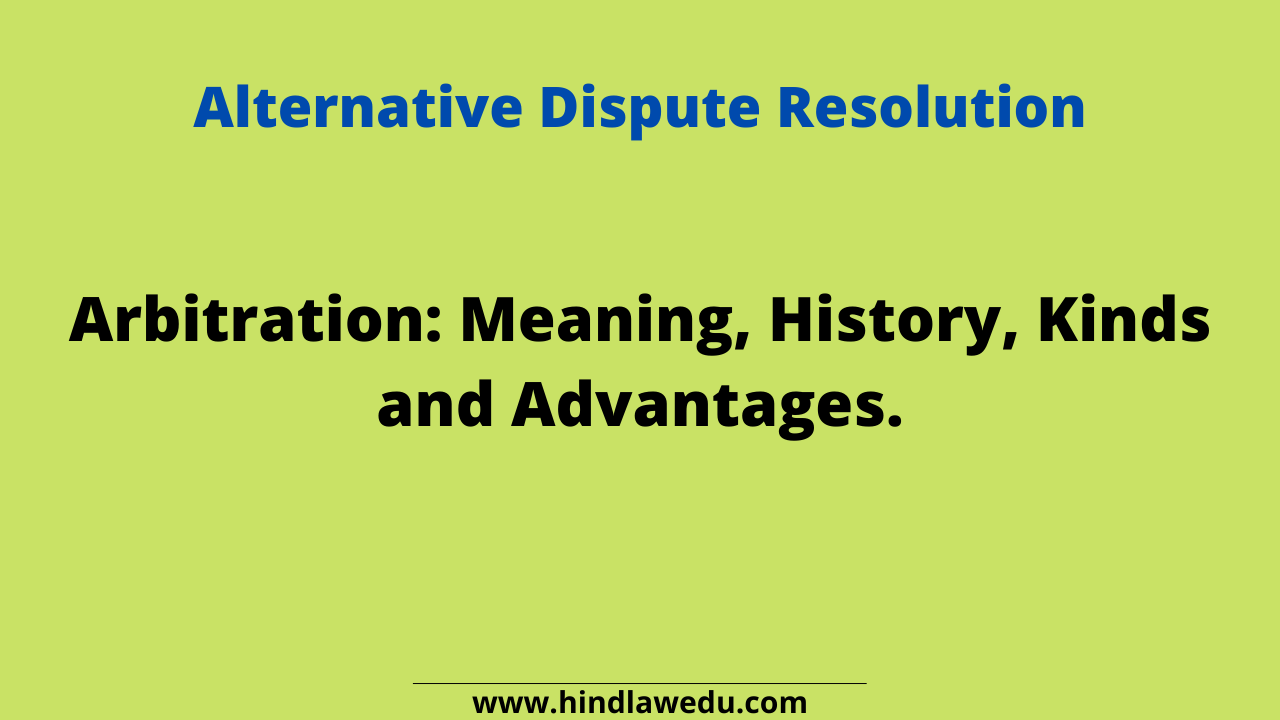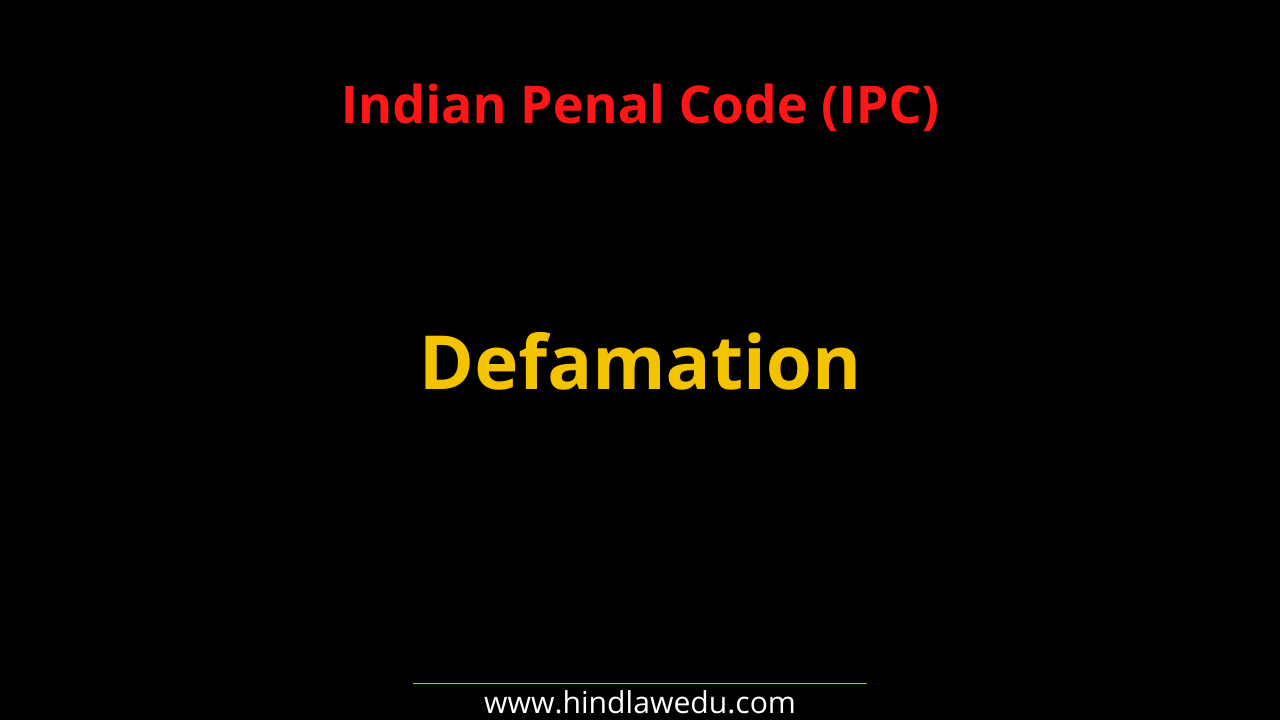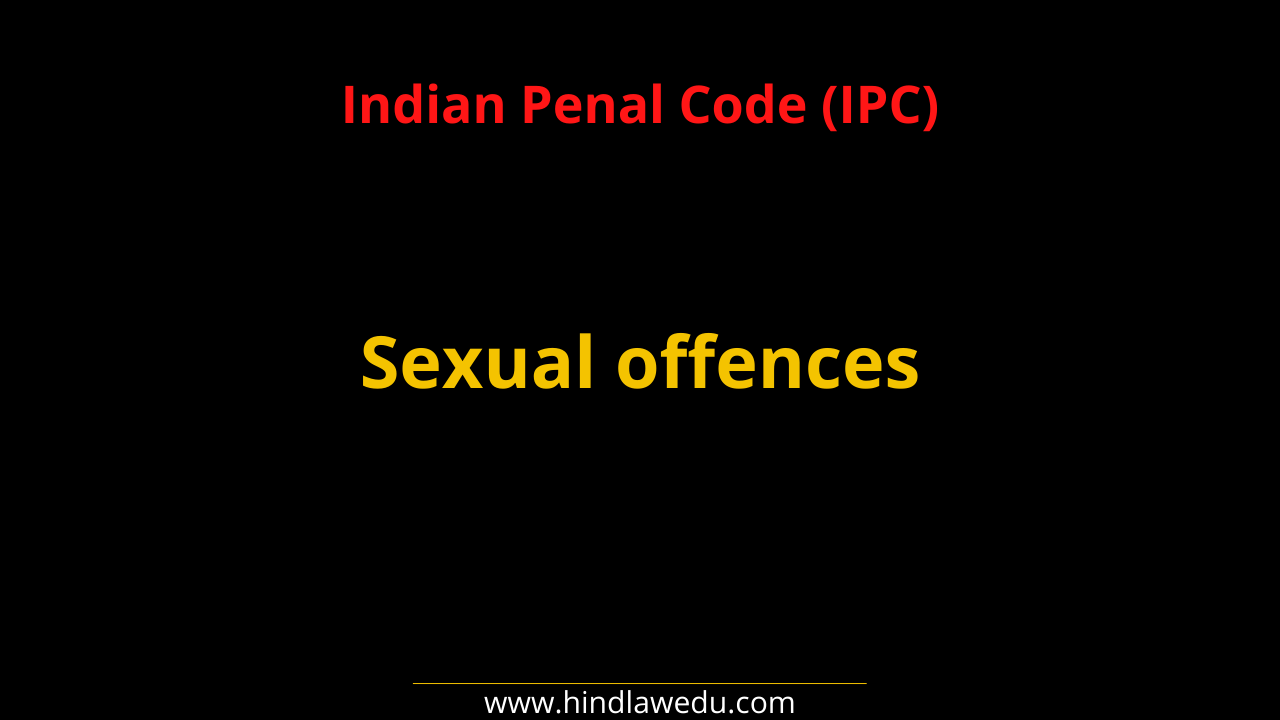Chapter VI of the Indian Penal Code from sections 121-130 deals with offences against the State. These sections have the sole purpose to safeguard the security of India and maintain a peaceful environment with the Asiatic powers in alliance with the government of India.
Section 121
This section states that any war or an attempt for war or waging war against the government of India is considered. Thus, whosoever wages the war against India or even attempts to do so is liable to punishment.
This punishment ranges from life imprisonment to death. Also, it includes certain fines in some cases.
Section 121A This Section 121A was inserted in the code by the Indian Penal Code (Amendment) Act, 1870. This broadened the scope to punish even a conspiracy to wage war against the State. Any act of conspiracy under the ambit of section 121 is punishable.
The punishment under this Section includes imprisonment for 10 years or life imprisonment along with a fine. Such punishment can be given by the Central Government as well as the State Government.
Section 122
It makes the very act of collecting arms in preparation to wage war against the Government of India punishable depending on the gravity and seriousness of the nature of the offence.
Under this section the person is liable for punishment like life imprisonment or for a term of 10 years and also can be liable to pay the fine.
Section 123
In this section, if there is any illegal means or existence of design of war against the government or even intending to facilitate such activity then the person is liable for punishment. Also, if the person even knows that such concealment will result in waging war then he is also punished.
Assaulting High Officers
Section 124 of the IPC deals with the assault on high officials, that is, the President, Governor, etc. Such assault should be done with the intention of inducing or compelling the high officials to exercise or refrain from exercising their lawful powers.
The ingredients of this Section are as follows :
- The accused should have assaulted the President or the Governor of any State; OR
- The accused should have wrongfully restrained the President or the Governor; OR
- The accused attempted to assault or wrongfully restrain the President or the Governor; OR
- The accused attempts to instigate or influence the President or the Governor with force or show of force with an intention to compel them from exercising or refraining from exercising their powers.
Section 124A : Sedition
In normal words, sedition is an offence when any person through its words, signs, or actions, attempts or brings any feeling of hatred or feeling of disaffection in the general public against the government. When anyone incites or attempts to incite hatred or contempt in other people against the government which is established under law, it is said to be an offence committed under sedition.
It is necessary that incitement should cause violence in the general public. The incitement can be verbally or in a written form, or it can also be a sign or in any other related form.
When anyone commits sedition, then the person can be punished with imprisonment of 3 years or a fine or both, or the imprisonment can be extended for imprisonment for life with a fine or without a fine.
Section 125 : Waging war against any Asiatic Power in alliance with the Government of India
This section states that whoever wages war against the Government of any Asiatic Power in alliance or at peace with the Government of India or attempts to wage such war or abets the waging of such war, shall be punished with imprisonment for life, to which fine may be added, or with imprisonment of either description for a term which may extend to 7 years, to which fine may be added, or with fine.
Section 126 : Committing depredation on territories of Power at peace with the Government of India
Whoever commits depredation, or makes preparations to commit depredation, on the territories of any Power in alliance or at peace with the Government of India.
The person shall be punished with imprisonment of either description for a term which may extend to 7 years, and shall also be liable to fine and to forfeiture of any property used or intended to be used in committing such depredation, or acquired by such depredation.
Section 127 : Receiving property taken by war or depredation mentioned in section 125 & 126
This section punishes a person receiving any property obtained in war or depredation. In order to establish an offence under this section, it is necessary to prove that the person receiving the property was aware that it was property received in the commission of an offence.
The person shall be punished with imprisonment of either description for a term which may extend to 7 years, and shall also be liable to fine and to forfeiture of the property so received.
Section 128 : Public servant voluntarily allowing prisoner of state or war to escape
whoever, being a public servant and having the custody of any State prisoner or prisoner of war, voluntarily allows such prisoner to escape from any place in which such prisoner is confined,
He shall be punished with imprisonment for life, or imprisonment of either description for a term which may extend to 10 years, and shall also be liable to fine.
Note that all the offences committed under section 21 – 28 are cognizable, non -bailable non -compoundable, and trail by the session court.
Section 129 : Public servant negligently suffering such prisoner to escape
Whoever, being a public servant and having the custody of any State prisoner or prisoner of war, negligently suffers such prisoner to escape from any place of confinement in which such prisoner is confined.
He shall be punished with simple imprisonment for a term which may extend to 3 years, and shall also be liable to fine.
The offence under this section is cognizable, bailable non-compoundable, and tribal by Magistrate of First Class
Section 130 : Aiding escape of, rescuing or harbouring such prisoner whoever knowingly aids or assists any State prisoner or prisoner of war in escaping from lawful custody, or rescues or attempts to rescue any such prisoner, or harbours or conceals any such prisoner who has escaped from lawful custody, or offers or attempts to offer any resistance to the recapture of such prisoner.
He shall be punished with imprisonment for life, or with imprisonment of either description for a term which may extend to 10 years, and shall also be liable to fine.
Therefore, these sections are very important to control such kinds of offences against the State/government of India and its alliances and maintain peace relations with the neighboring countries.
Also Read:
Defamation and its punishment under IPC
Rape and it’s punishments under IPC
Wrongful restraint and Wrongful confinement under IPC (simplified)



